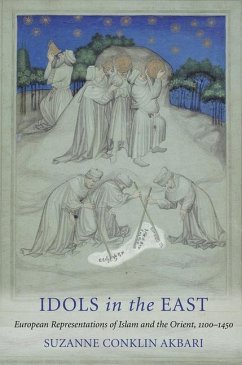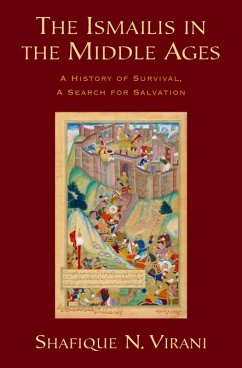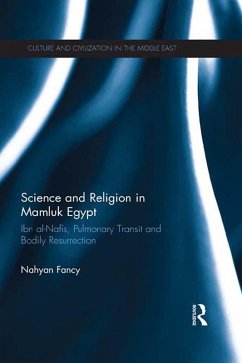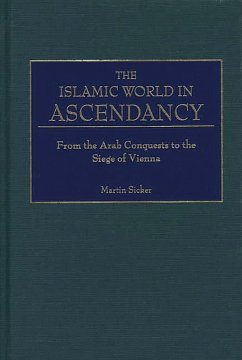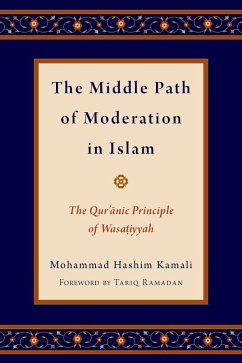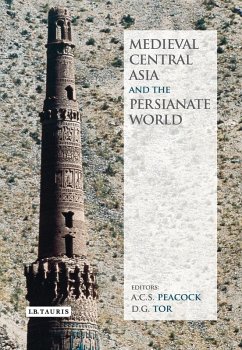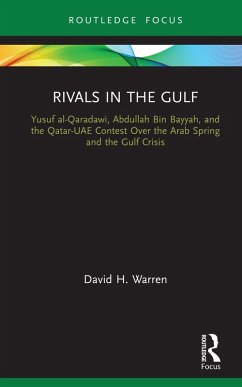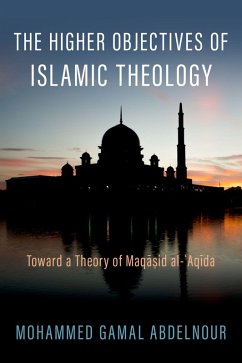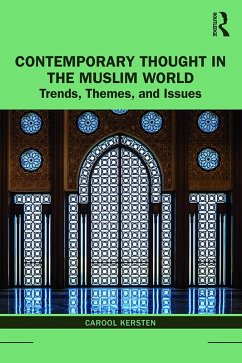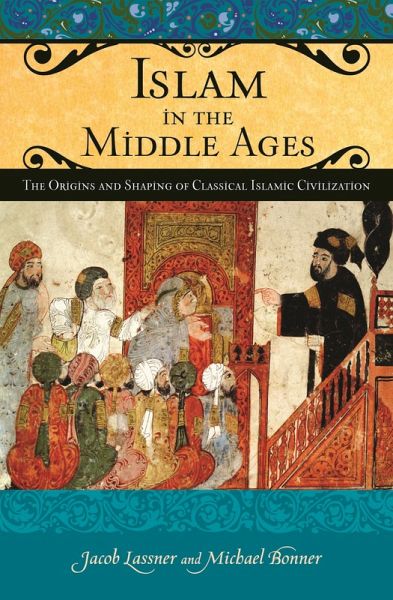
Islam in the Middle Ages (eBook, PDF)
The Origins and Shaping of Classical Islamic Civilization
Versandkostenfrei!
Sofort per Download lieferbar
46,95 €
inkl. MwSt.
Weitere Ausgaben:

PAYBACK Punkte
23 °P sammeln!
In the Middle Ages, a varied and vibrant Islamic culture flourished in all its aspects, from religious institutions to legal and scientific endeavors. Lassner, Reisman, and Bonner detail how all three montheist traditions are linked to the same sacred history. They trace the most current scholarship on the Arabian background to Islam, the prophet's early religious message and its appeal. They the Qur'an and how it would have been understood by the earliest generations of Muslims. How much does historical memory come into play in current depictions of this early era? Beyond religious institutio...
In the Middle Ages, a varied and vibrant Islamic culture flourished in all its aspects, from religious institutions to legal and scientific endeavors. Lassner, Reisman, and Bonner detail how all three montheist traditions are linked to the same sacred history. They trace the most current scholarship on the Arabian background to Islam, the prophet's early religious message and its appeal. They the Qur'an and how it would have been understood by the earliest generations of Muslims. How much does historical memory come into play in current depictions of this early era? Beyond religious institutions, Muslim scholars and scientists were vital to both the transmission of knowledge from the Greek civilization and to the uninterrupted progress of science. The authors explore the role that non-Muslim minorities played within this culture and they detail the splits within the Muslim world that continue to this day.




